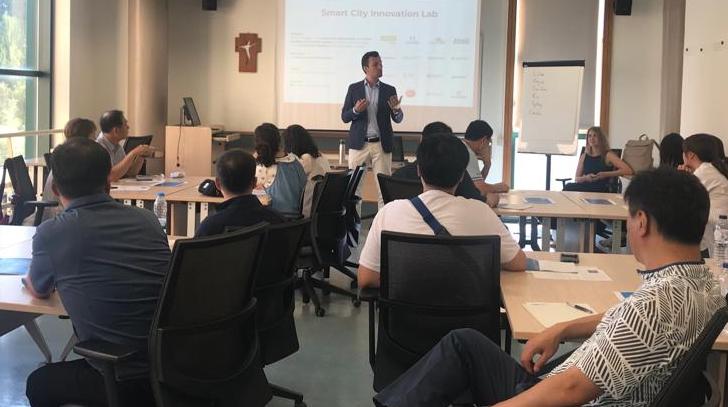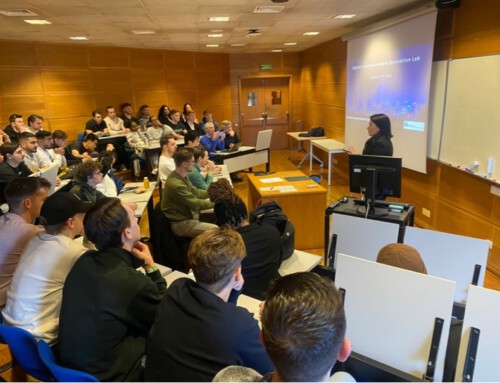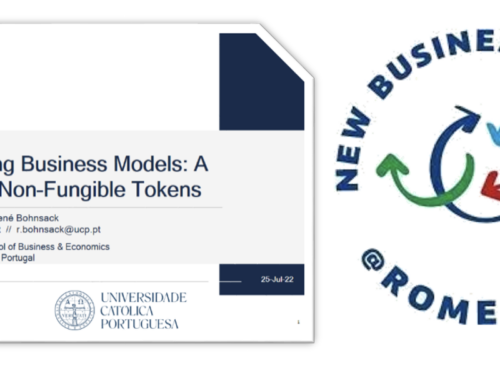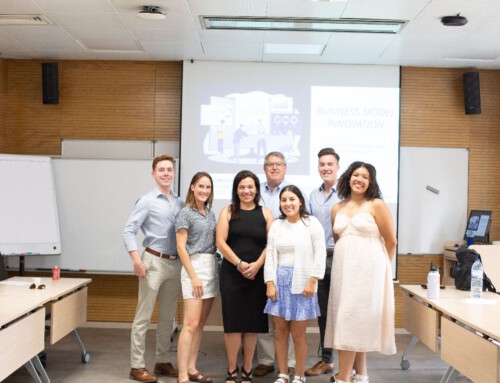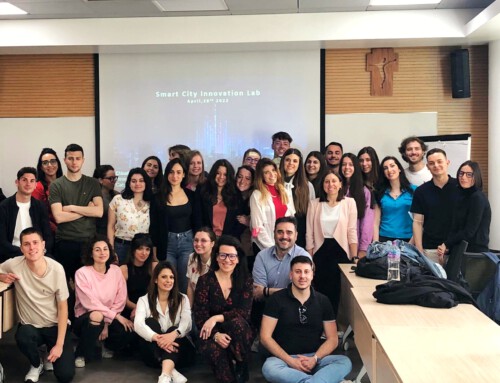Last week, the Smart City Innovation Lab was invited to host a workshop on Business Models in a Smart City Context with Urban Planning specialists from the Seoul Metropolitan Government. The main goal of this workshop was to understand the opportunities and challenges of business model development for smart city solutions.
Dr. René Bohnsack started with a co-definition exercise of what is and what is not a smart city. Based on the Electric Scooter fever, participants were challenged to (i) think about the advantages and disadvantages of this smart city solution, (ii) describe the stakeholders’ strategic intentions, and (iii) map the value flows and stakeholders’ interactions. The key message here was that technology on its own is not enough to solve urban challenges for a sustainable future. Smart city technologies require a collaborative business model created by all and for all urban intervenient.
How will a 2030 smart city look like and what is the role of businesses to get there? The final exercise consisted of an outlook on how businesses can use collaborative business models to leverage digital technologies in addressing critical smart city issues.
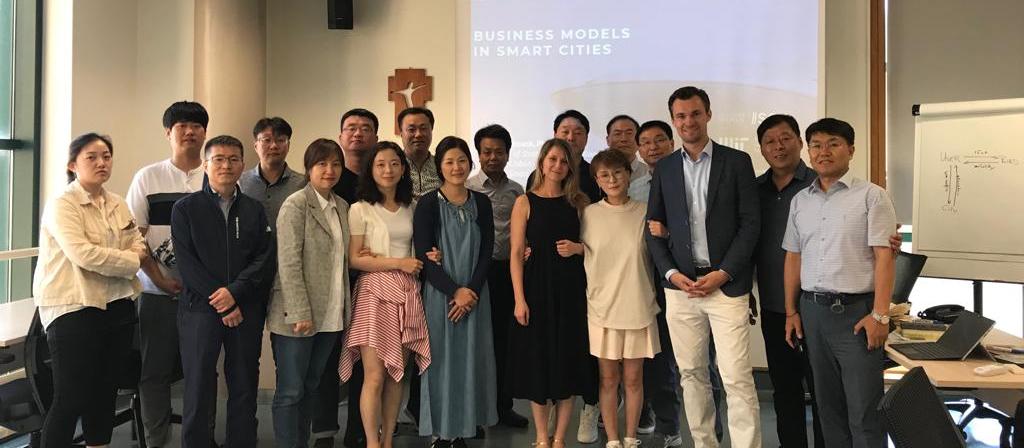
Urban Planning in Seoul
According to Yonhap, Soul’s Mayor, Park Won-soon, recently unveiled the $1.24 billion 4-year-plan to transform Seoul into a “capital of big data”. A particularly interesting part of this project is “Virtual Seoul”, an urban planning 3D virtual reality technology with the capacity to digitally recreate the city’s entire environment and facilitate predictions about urban change.
We would like to thank all participants from the Seoul Metropolitan Government and the event organizers from l’École Nationale d’Administratión for the opportunity to host this workshop on Business Modeling for Smart City Solutions.

